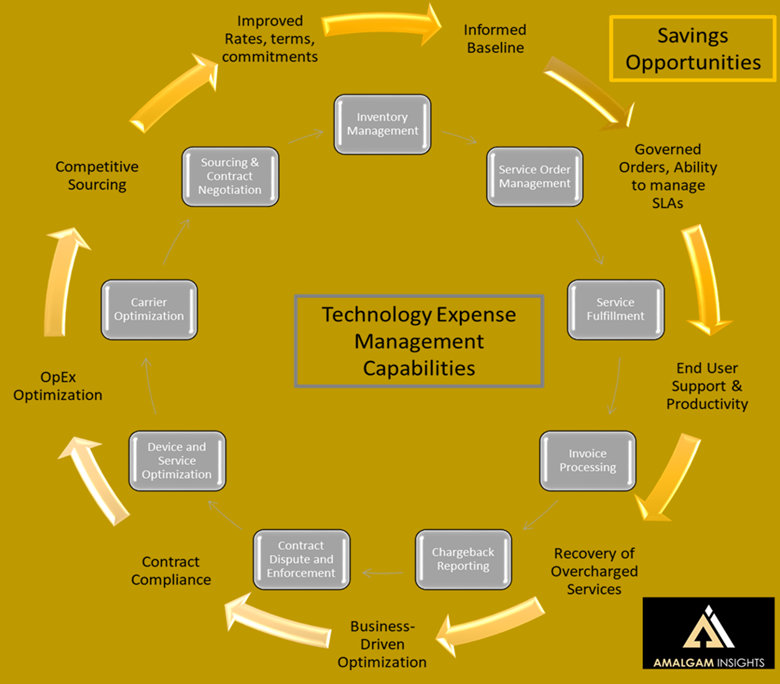If you would like your announcement to be included in Amalgam Insights’ weekly data and analytics roundups, please email lynne@amalgaminsights.com.
Funding
Bain Capital Invests $150M into Data Management Platform Ataccama
On June 22, data management platform provider Ataccama announced that they had received $150M in growth capital from Bain Capital Tech Opportunities as a minority investment. The funds will go towards sales and marketing, R+D around new product innovation, and global expansion. Ataccama has only taken funding once before in the form of a $500K seed round in 2010 when it spun off from big data company Adastra; this much more significant investment indicates a desire to grow more quickly to take on the IPaaS competition like Informatica and Talend.
Launches and Updates
At Everyday AI, Dataiku Debuts Dataiku 11
At their Everyday AI conference this week in London, data science and AI platform Dataiku launched Dataiku 11. Key features of this major release include optimized tooling for advanced users, an integrated data labeling framework for inline image annotation, a visual interface for computer vision tasks allowing data scientists at all levels to work on models for complex object detection and image classification, and expanded capabilities around Responsible AI and AI governance. Dataiku 11 also includes tools for non-coding team members such as a no-code visual time series forecasting capability, a centralized feature store and workflows for more easily sharing and reusing existing work, and “what-if” accelerators to evaluate potential business outcomes in a codeless way.
Domino Data Lab Announces Nexus, a Hybrid MLOps Architecture
First previewed at the Rev 3 conference last month, Domino officially launched its Nexus hybrid MLOps architecture this week. Customers using Nexus will be able to use owned on-prem NVIDIA GPUs for cost optimization, while also having the ability to scale workloads to include cloud-based GPUs when they don’t have enough capacity on-prem. NVIDIA is a launch partner of NEXUS, and Domino has joined the NVIDIA AI Accelerated program as part of their ongoing partnership around building, managing, and deploying GPU-trained models.
Precisely Launches Data Integrity Suite
Data integrity platform Precisely announced the Precisely Data Integrity Suite, a collection of SaaS modules that can be deployed individually or in concert to provide businesses with trustable data. The Data Integration, Data Observability, and Data Governance modules are now available for early access, while modules for Data Quality, Geo Addressing, Spacial Analytics, and Data Enrichment are forthcoming.
Prophecy Launches Low-Code “Prophecy for Databricks”
Low-code data engineering platform Prophecy launched Prophecy for Databricks this week. Prophecy for Databricks is a drag-and-drop interface to create and launch data pipelines on Spark, empowering data analysts to become “citizen data engineers.” The visual interface generates PySpark or Scala code to create these pipelines, then uses standard Databricks Workflows to manage the pipelines in production. Databricks users can access Prophecy for Databricks through Databricks Partner Connect.
Acquisitions
Anaconda Acquires Cloud-Based Development Environment PythonAnywhere
Earlier this week, Anaconda acquired cloud-based Python development and hosting platform PythonAnywhere. Anaconda users will now be able to use Python in a cloud environment, accessing the PythonAnywhere development environment from any web browser and allowing for better team collaboration and asset sharing.
Starburst Acquires Data Lake Analytics Accelerator Varada
Analytics company Starburst announced this week that they had acquired Varada, a data lake analytics accelerator. Varada’s proprietary indexing technology drew Starburst’s interest in hopes of advancing the performance and cost efficiency of their existing query engine. The rollout is expected to be quick; Starburst is expecting to roll Varada’s capabilities out to select customers by the end of July, with general availability in the fall of 2022.
Hiring
Chris Riley Joins DataRobot as President of Worldwide Field Operations
On June 21, DataRobot announced that they had appointed Chris Riley as the President of Worldwide Field Operations. Riley comes to DataRobot from Automation Anywhere, a robotic process automation company, where he served as the Chief Revenue Officer. Prior to that, Riley spent time at Dell as the President of Dell Technologies Select, and as President of the Americas for Dell Technologies.
Events
Databricks Data + AI Summit 2022, June 27-30
The 2022 Databricks Data + AI Summit will be held in-person in San Francisco and virtually, June 27-30, with the theme “Destination Lakehouse” to focus on how the modern data stack functions to turn data into actions more quickly. Key speakers include Databricks co-founders Ali Ghodsi, Matei Zaharia, and Reynold Xin; Google Brain and Coursera co-founder Andrew Ng; Christopher Manning, director of the Stanford AI Lab; Insitro founder and CEO Daphne Koller; Hidden Door co-founder and CEO Hilary Mason; AI pioneer Peter Norvig; Girls Who Code CEO Tarika Barrett; and Thoughtworks director Zhamak Dehghani. The conference is sold out in person, but to attend virtually, register at Data + AI Summit.

